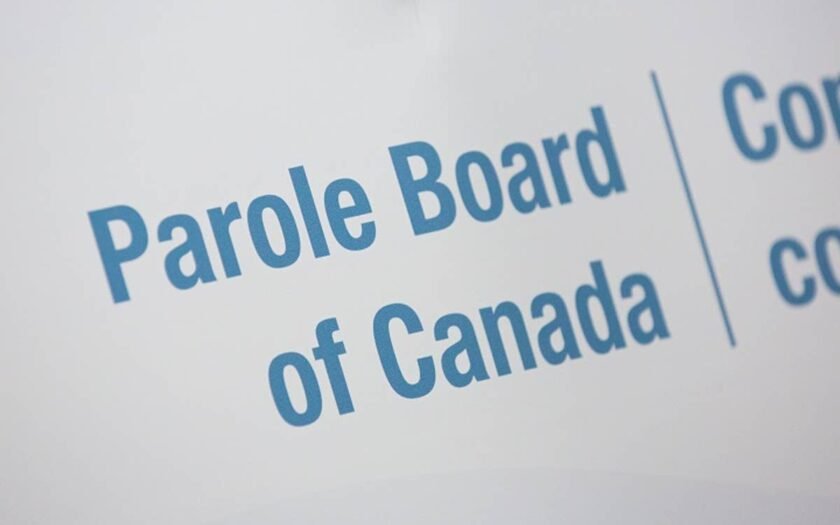Parole Hearings
Parole Eligibility
Inmates who have been convicted of a crime and are serving a prison sentence are eligible for parole once they have served one-third of their sentence. They are eligible for statutory release after they have served two-thirds of the sentence. Any time that inmates have spent in pre-sentence custody will be credited to them, and the one-third and two-thirds proportions will be based on the difference between the length of their sentence and the length of time they spent in pre-sentence custody. An inmate sentenced to 7 years’ imprisonment but who spent 1 year in pre-sentence custody will be eligible for parole after 1/3 of 6 years, or 2 years, and eligible for statutory release after 2/3 of 6 years, or 4 years.
The exception to this is when offenders are convicted of first- or second-degree murder. Offenders convicted of first-degree murder need to serve at least 25 years of their sentence before they are eligible for parole. Those convicted of second-degree murders are eligible once they have served between 10 years and 25 years. Those who receive a life sentence without a minimum period of ineligibility have the right to a parole hearing after 7 years of their sentence.
Some offenders are eligible for other types of release at various stages of their sentence. These include Day Parole, work release, Unescorted Temporary Absences (UTA), and in exceptional cases, Parole-by-Exception.
Parole Board of Canada Hearings
Unlike criminal proceedings, parole hearings do not take place before a judge in a court. Instead, they proceed before a tribunal composed of Parole Board members, and typically take place at the institution where the inmate is serving his or her sentence.
At the hearing, the Board members assess the risk the offender may pose to the public if the Board grants him or her conditional release. The Board members consider whether the risk the offender may present to society if released can be managed in the community. The protection of society is the Board’s overriding consideration in any release decision.
During the hearing, the Board carries out thorough questioning of the offence. Any victims can make victim impact statements. The offender’s lawyer and the parole officer may also make submissions to the Board.
We Represent Individuals in Provincial and Federal Institutions
We conduct parole hearings for offenders convicted of all criminal offences, serving sentences at Provincial and Federal Institutions. We have been successful at securing parole and defending alleged breaches of parole for our clients and ensuring their return into the community. We act for inmates and parolees across BC and Canada who need assistance during their parole hearings. We work with each offender to develop practical and effective release plans, and ensure that they are prepared for the questions of the Board members at their parole hearing. We also provide consultation services to assist those navigating other challenges of the prison system and prison life.
